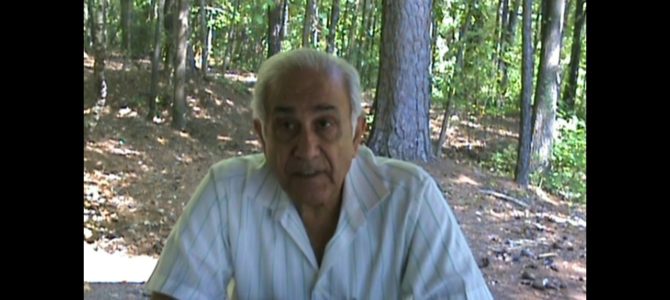Why I Stopped Being a Critic David Langness•Sep 24, 2017 CULTUREPART 2 IN SERIES:THE PROBLEM WITH CRITICISM I grew up with a very critical father; and then, guess what, I became a critic myself. Not too surprising, right? My dad…
Why I Stopped Being a Critic





